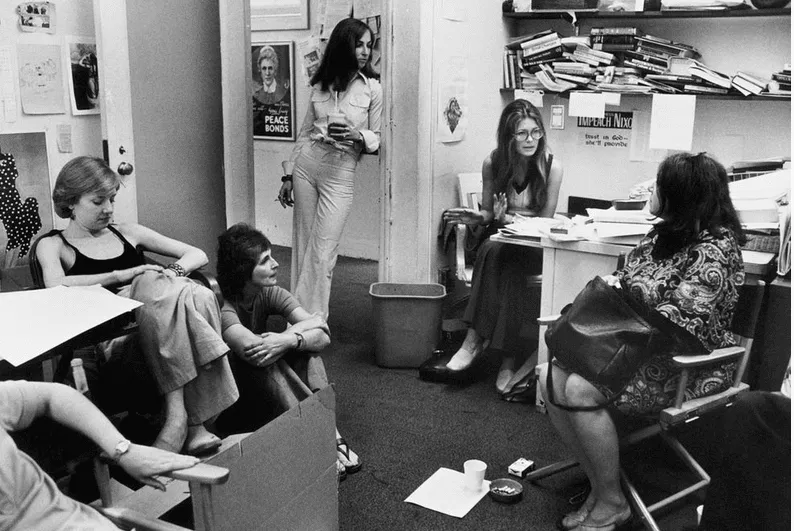How Ms. Magazine Started a Revolution—and Why It’s Far From Over
- Jennifer Green

- Jul 1, 2025
- 1 min read
The directors of the new HBO documentary Dear Ms.: A Revolution in Print talk about the magazine’s storied history and why its “consciousness-raising” is needed now—more than ever.
“Try to imagine a life where you are owned by or controlled by the men in your life.”
This opening line of the documentary Dear Ms. pulls viewers into a past reality that, for many women, isn’t so hard to imagine today. Rights we thought were assured—control over our bodies, our money, our choices—once again feel as flimsy as a page torn from a magazine.
While 64 percent of Americans see feminism as empowering, nearly half also call it polarizing, and a third consider it outdated, according to Pew Research. So how did we get from Ms. to this, and what does the turbulent, radical story of the magazine reveal about the unfinished work of feminism now?
Inside the Ms. Documentary
The story of Ms. is told through the eyes of three directors: Salima Koroma, Alice Gu, and Cecilia Aldarondo. They each bring a different lens to this history, starting from iconic covers of the magazine and delving into the complicated backstory of the fledgling feminist movement and its new mouthpiece.
“We’re a movement, which means we’re messy, which means we disagree, which means we need to have hard discussions,” Aldarondo said. The documentary captures those tensions and contradictions, portraying Ms. not as a perfect movement, but as a living, evolving experiment in consciousness-raising. One that’s still unfolding in today’s fights over whose voices get heard, what feminism means, and who it’s for.
Images courtesy of Getty Images and HBO.



Comments